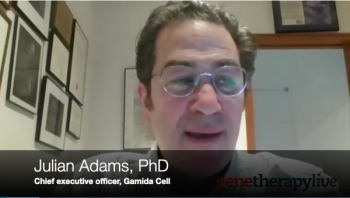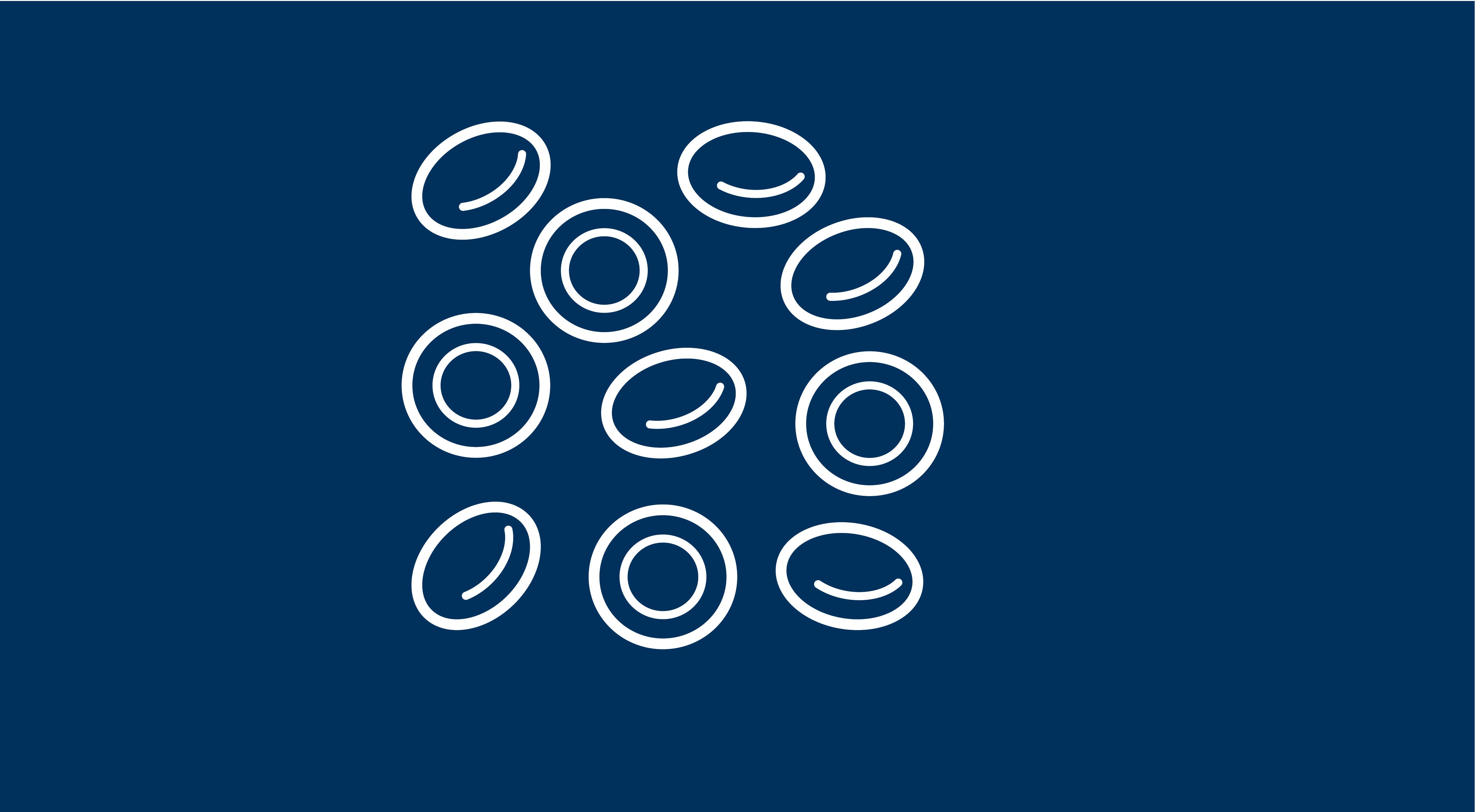
“We've had to develop a unique process and a unique cryo buffer that allows us to freeze natural killer cells and recover greater than 90% of those cells. So, the new GDA-201 cryo-preserved is now going to be an off-the-shelf product and we're going to reinstitute a multicenter study in lymphoma to include both histologies of follicular lymphoma and diffuse large B cell lymphoma.”



































































































